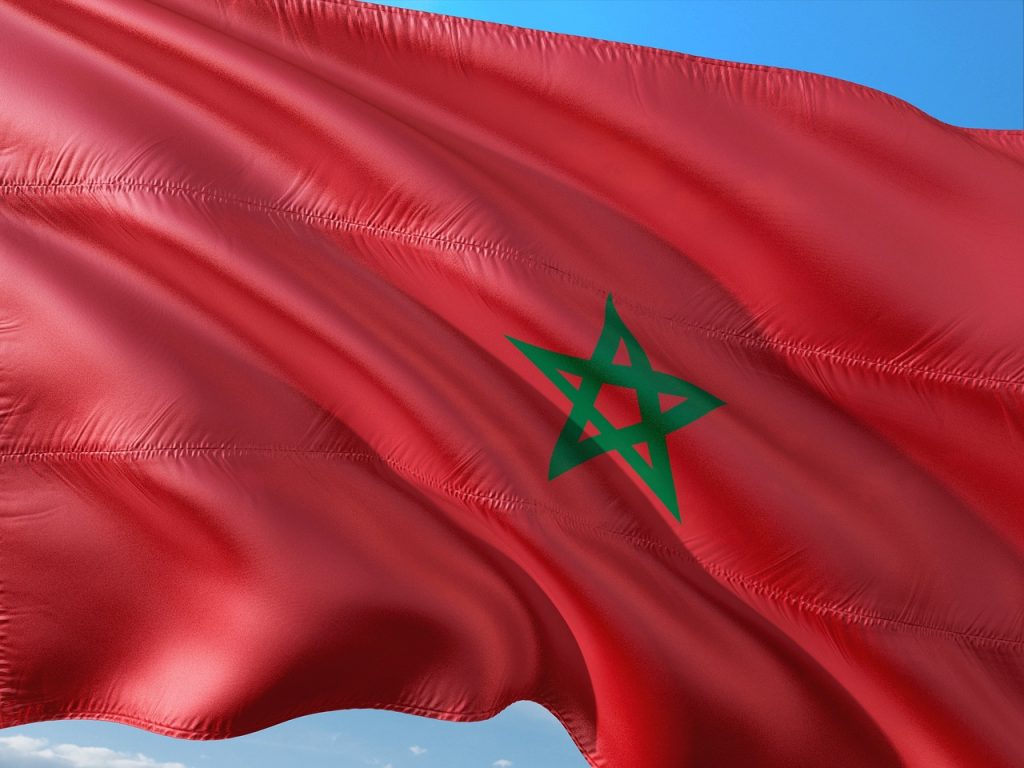Morocco’s ambitions to become a global hydrogen hub took center stage this week at the World Power-to-X Summit in Marrakech, where government officials and industry leaders offered contrasting perspectives on how to accelerate the sector.
While Ryad Mezzour, Morocco’s Minister of Industry and Commerce, pressed for competitiveness as the foundation of growth, panellists challenged policymakers to deliver greater regulatory clarity and speed.
The minister struck a pragmatic tone, acknowledging the uncertainties clouding hydrogen projections. “We are still asking a lot of questions. The next rule is ‘just be competitive – then let’s make it green’,” Mezzour said, adding that in the past year he had reviewed more than 40 projects, engaged with 100 investors, and assessed up to 60 potential offtakers. His message was clear: hydrogen’s success in Morocco will depend on producing “the best product at the best price” before focusing on classifications and labels.
That approach aligns with Morocco’s March approval of six hydrogen-based projects worth $32.7 billion in the country’s southern regions, signaling both ambition and risk. The scale of these projects reflects Morocco’s bid to harness its abundant renewable resources for export markets, particularly Europe. Yet the challenge of securing long-term offtake agreements and reliable capital mirrors a broader hesitation across global hydrogen markets, including in Europe, where policymakers are grappling with a looming crunch point for project financing and delivery.
Industry participants in Marrakech emphasized that investor appetite depends less on political ambition than on predictability. Tomas Olejniczak, Renewable Energy Consultant at the Netherlands Enterprise Agency (RVO), noted that “if the framework is clear and stable, then in the end, that will get capital flowing.” Without a transparent certification system and consistent regulation, the flow of private financing into hydrogen projects remains tentative.
That frustration was echoed by Jonas Moberg, CEO of the Green Hydrogen Organisation, who stressed the slow pace of progress. “Let’s face it, [investment in Morocco] is happening way too slowly, and there are certain issues on the government side that just have to happen with greater predictability,” he said. Moberg also highlighted the international dimension of Morocco’s opportunity, pointing to the International Maritime Organization’s (IMO) forecast that 240 million tonnes of green ammonia will be traded globally, 200 million of which will go to shipping. Yet Morocco abstained from the IMO’s April vote on net zero regulations for shipping, a missed signal of commitment that Moberg argued could be corrected later this year.
Stay updated on the latest in energy! Follow us on LinkedIn, Facebook, and X for real-time news and insights. Don’t miss out on exclusive interviews and webinars—subscribe to our YouTube channel today! Join our community and be part of the conversation shaping the future of energy.





